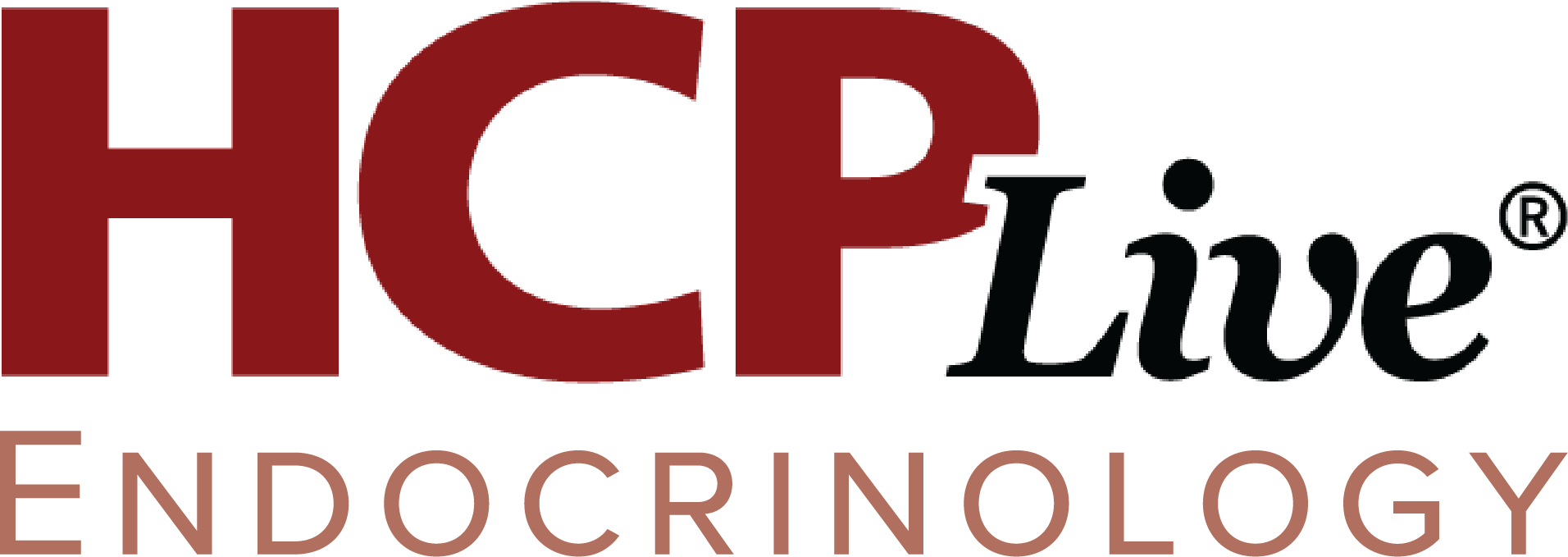Endocrinology

The HCPLive endocrinology page is a comprehensive resource for clinical news and insights on endocrine system conditions. This page consists of interviews, articles, podcasts, and videos on the research, treatment and development of therapies for diabetes, hormonal disease, and more.
Latest News
April 25th 2024
A retrospective study challenges preoperative withholding of GLP-1 RAs in diabetes patients undergoing surgery, citing no increased risk of postoperative respiratory complications.
More News
Endocrinology Month in Review: February 2024
March 6th 2024In our endocrinology month in review for February 2024, we are spotlighting trending studies and new data in endocrinology, the latest news surrounding tirzepatide, and a recap of the 4 episodes of our flagship endocrinology podcast launched during the last month.
Diabetes Dialogue: Time in Range, CGM Metrics for Predicting Outcomes in Diabetes
February 20th 2024Viral Shah, MD, joins Diabetes Dialogue to discuss a recent study examining associations between time in range and other advanced CGM metrics with diabetic retinopathy and the implications for use in predicting other microvascular outcomes.
Endocrinology Month in Review: January 2024
January 31st 2024This endocrinology month in review spotlights FDA news, a pair of studies examining cardiovascular and renal risk reduction in type 2 diabetes, results from a subtrial examining testosterone’s effect on fracture risk, and 4 new episodes of diabetes dialgoue
SGLT2i Use Linked to Lower Risk of Nephrolithiasis in Patients With Type 2 Diabetes
January 29th 2024Compared to glucagon-like peptide 1 receptor agonists and dipeptidyl peptidase 4 inhibitors, Use of sodium-glucose cotransporter 2 inhibitors was linked to a decreased risk of nephrolithiasis in patients with type 2 diabetes.